The Dallas Cowboys shocked the NFL world by trading star pass rusher Micah Parsons to the Green Bay Packers in exchange for defensive tackle Kenny Clark, plus first-round picks in 2026 and 2027.
On the surface, losing a player of Parsons’ caliber looks like a major setback. But when you dig deeper into his true impact—and the salary-cap realities Dallas was facing—the trade might be a franchise-saving decision.
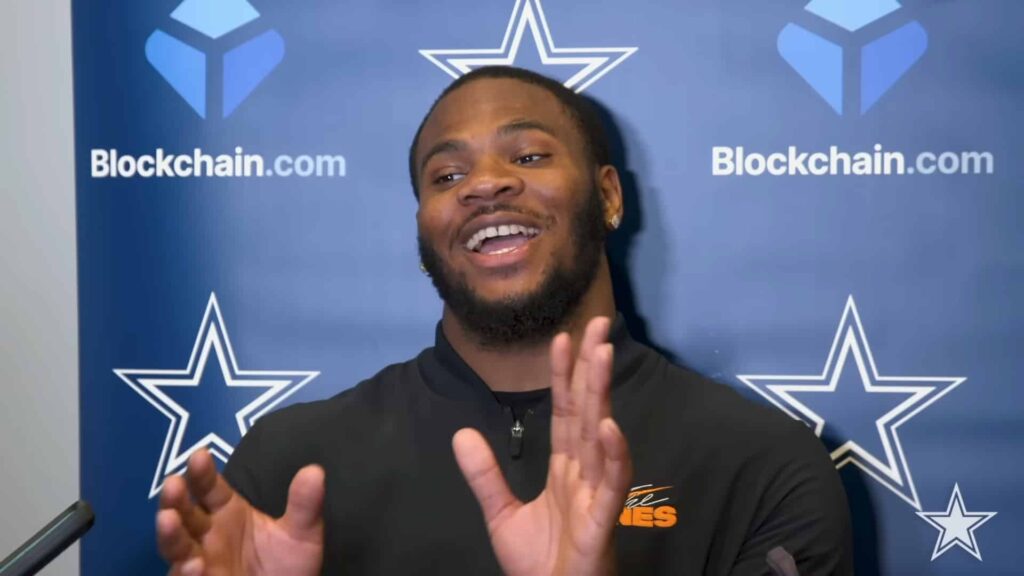
The Micah Parsons Contract the Cowboys Avoided
Micah Parsons landed a historic four-year, $188 million deal with $120 million guaranteed in Green Bay. That’s nearly $47 million per year, making him the highest-paid defender in NFL history.
Had Dallas matched that deal, their top three players—Parsons, Dak Prescott ($55M per year), and CeeDee Lamb ($30M per year)—would have eaten up over 50% of the entire salary cap.
In a league where depth wins in January, tying half the roster budget to three players is a dangerous formula.
By trading Parsons, the Cowboys gained the flexibility to build a more balanced team.
Parsons’ Real Impact: Superstar and Liability
There’s no denying Micah Parsons’ production.
With 52.5 sacks in four seasons, he ranked among the NFL’s most disruptive edge rushers. His speed and burst forced double teams and created opportunities for teammates.
At his best, Parsons completely took over games.
But the flip side is just as important:
- Disappearing Acts: Parsons went long stretches without making an impact, particularly against elite offensive lines or in big playoff moments.
- Run Defense Concerns: His aggressive, freelance style often left the Cowboys vulnerable to the run. Dallas already gave up 25 rushing TDs in 2024, worst in the NFL, and Parsons’ inability to set the edge contributed to the problem.
- System Fit: At times, Parsons prioritized splash plays over discipline. Unlike stars such as T.J. Watt, who thrives within structure, Parsons occasionally became a liability when teams ran directly at him.
Kenny Clark + Osa Odighizuwa: A Balanced Interior Duo
While the headlines focus on Micah Parsons, the addition of Kenny Clark—and his pairing with Osa Odighizuwa—should not be overlooked.
Clark is a proven anchor inside, combining strength against the run with underrated pass-rush skills. Osa, meanwhile, has developed into a disruptive interior penetrator.
Together, they bring the kind of balance Dallas hasn’t had in years: Clark can occupy double teams and plug lanes, while Osa wins with speed and technique.
That complementary skill set can stabilize a defense that too often leaned on Parsons’ boom-or-bust style.
Run Defense Comparison (Career Averages)
What it means: Micah Parsons posted the stronger individual grades, but Clark and Osa can produce more stops together (55 vs. 40) and are more reliable at limiting mistakes. That’s what the defense needed in 2024.
Pass Rush Comparison (Career Averages)
What it means: Micah Parsons’ pass rush is elite and irreplaceable by one player, but Clark + Osa can combine to generate slightly fewer sacks and more pressure while also strengthening the inside.
The Value of Future Draft Picks
The two first-round picks in 2026 and 2027 give Dallas crucial building blocks.
Rather than chasing flashy skill players, the Cowboys are positioned to reload in the trenches and reinforce the core of their roster.
Targets will likely include:
- Edge rushers to replace Parsons long-term
- Defensive line depth to rotate with Clark and Osa
- Offensive line reinforcements, always a staple of the Cowboys’ roster building
These picks, combined with the cap space saved from not signing Parsons, create a sustainable path forward.
What Comes Next for Dallas
The Cowboys’ decision to move on from Micah Parsons reshapes the franchise.
In the short term, they lose their most feared pass rusher and will rely more on scheme than raw star power.
But with Kenny Clark and Osa Odighizuwa forming a disruptive interior duo—and two first-round picks on the horizon—Dallas has the chance to reshape its defense from the inside out.
The question now is whether the Cowboys can turn this painful trade into the foundation of a championship window—or if letting Parsons go will haunt them in the season ahead.




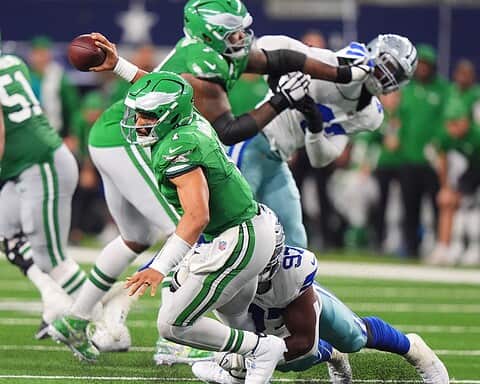
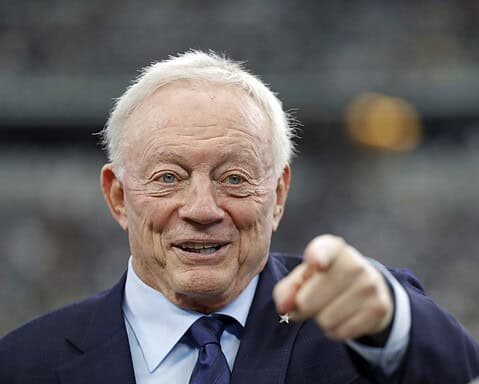
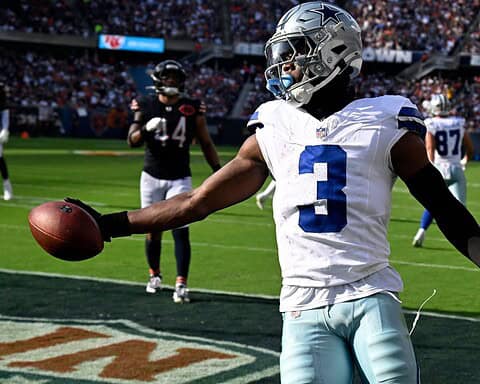
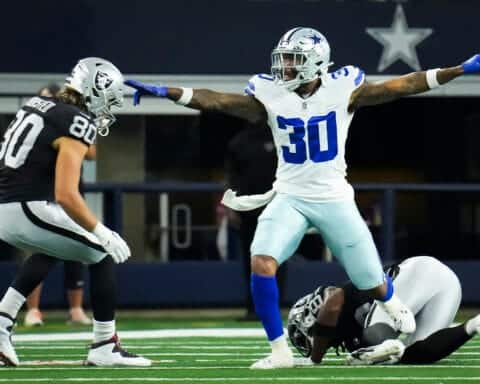
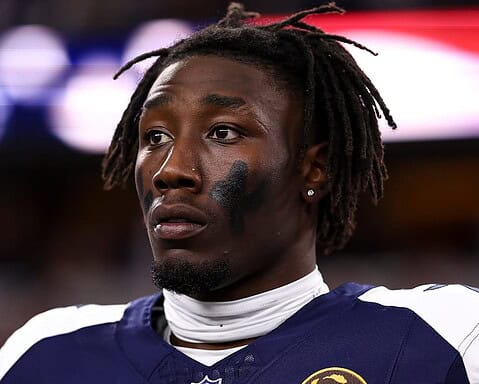

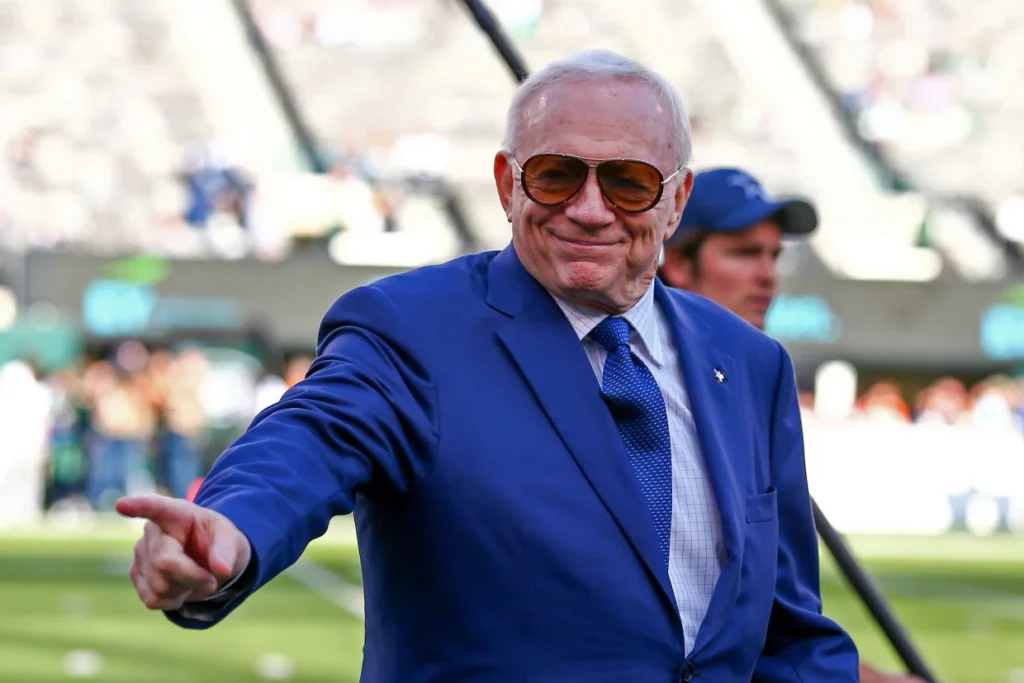

So, while many of the sport MSM are having their heads explode about how bad this is for the Cowboys, this article brings up some points for a counter augment to the ridiculous hysteria.
BTW, good article Cody
Appreciate you.
We need for the young DEs and Sam Williams to step up. Mazi needs to be cut to send a signal to underperformers. Sign Smith, OG, our kicker and Bland. Wait for Pickens to prove himself. Hopefully, the soon to be Dallas top 5 pick can yield a front 7 pick this year and a late #1 from GB a decent DB to shore up the secondary or a RB with real chops.
Agree that the young D-line players need to step up. Williams needs to stay healthy and keep his head out of his digestive system and Exe and Houston have to keep making progress.I disagree about the future draft picks. I think Jerry wants to try to go after the Manning kid from Texas. However, if he projects as the No. 1 overall pick in the ’26 draft I doubt the Cowboys have enough ammo to trade for the first pick. They will need to draft Prescott’s successor very soon, though.
a Dallas Cowboys fan, since the 70’s the Cowboys don’t have a future just a losing season with Micah Parsons gone
bam cody you nailed it right on the head , now i dont have to write a bunch of remarks – great article
Thank you.
Finally some reality. Now, stop exaggerating Parsons’ pass rush success. Parsons averaged under 13 sacks over his 4 years. 13 successful plays a season.And to get those, he often ignored his defense assignments. There is nothing special about Parsons pass rushing. Most of the 240# athlete rushers can do what he does if you scheme specifically to get that guy open rush lanes as was done for Parsons. What is hard is what Clark does. Clark plays a disciplined, effective defense role regardless of if it is a rush or pass. As to cost…GB will awaken soon to realize they are spending over 65 million a year the next 2 seasons on the Parsons trade between 47 on Parsons and about 18 dead money for Clark. Dallas meanwhile pays 2.5 million to Clark this year and has no guaranteed money in 2026 plus 2 firsts. Jerry …and Parsons…won this trade massively.
agree wholeheartedly